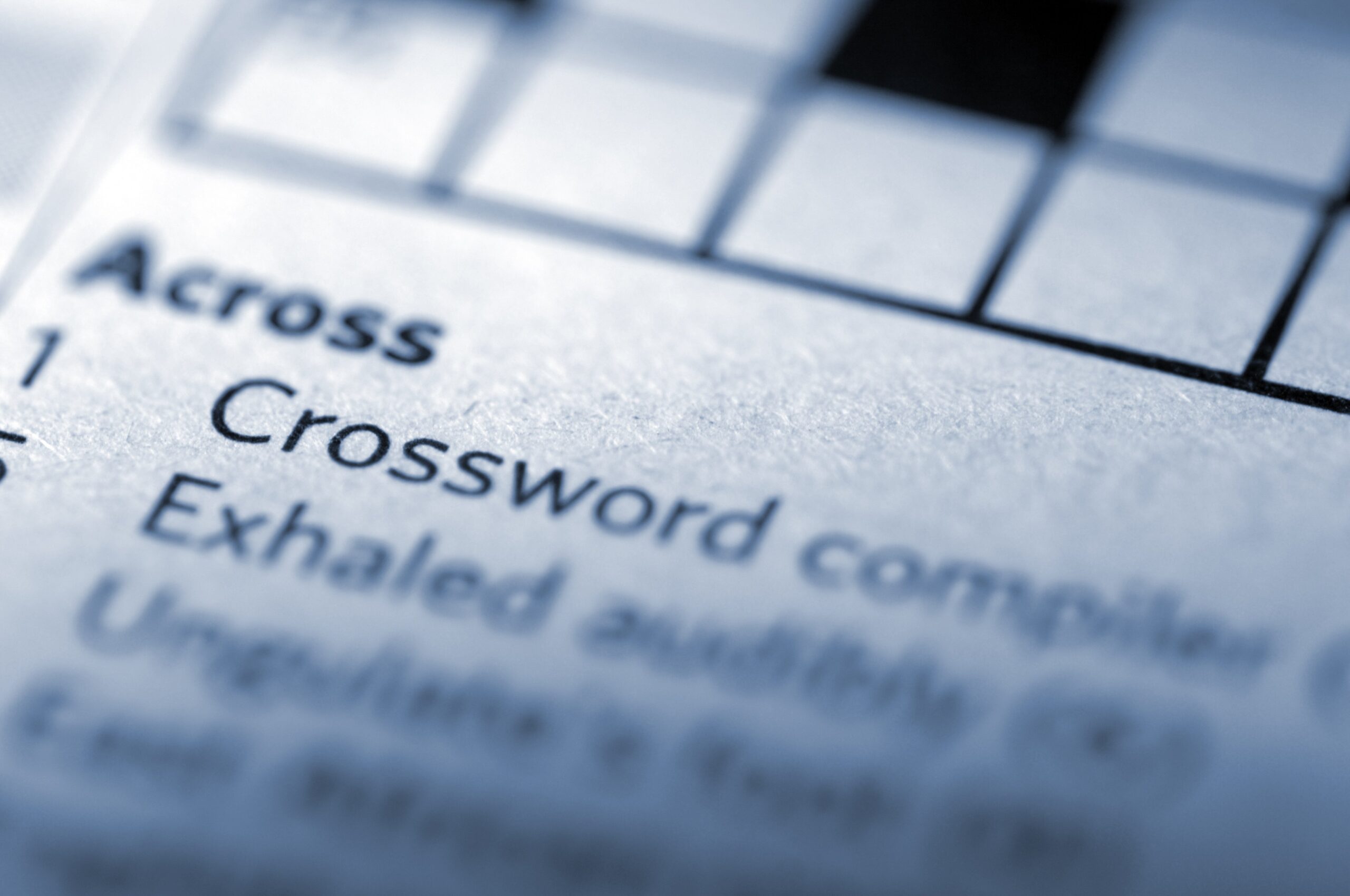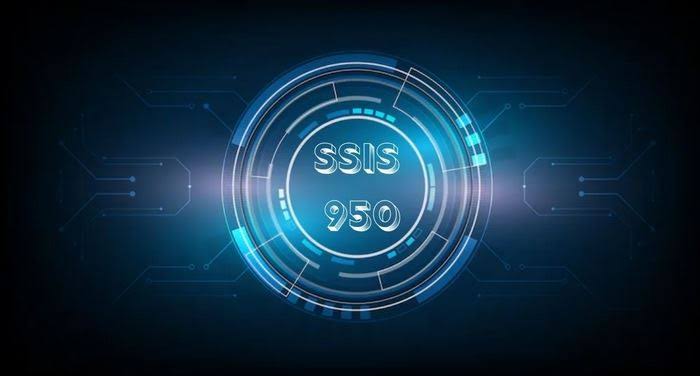Decoding “Absolute Junk NYT”: A Crossword Solver’s Perspective
Crossword puzzles have long been a staple for lovers of wordplay and linguistic challenges. The New York Times (NYT) crossword, in particular, holds a reputation for testing the mettle of solvers worldwide. Among the intriguing clues is the phrase “absolute junk NYT Crossword Clue”, which pushes enthusiasts to think outside the box and engage with language in unexpected ways. In this article, we’ll explore how such clues challenge conventional thinking, delve into potential answers, and reflect on the broader appeal of crosswords.
Origins
The NYT crossword is synonymous with wit and intellectual rigor. Will Shortz, the long-time crossword editor, has cultivated a style that balances straightforward clues with more abstract, lateral ones. Clues like “absolute junk” are often open-ended, requiring solvers to interpret the phrase metaphorically or colloquially. This vagueness makes them simultaneously frustrating and exhilarating.
The term “absolute junk” could allude to something worthless or nonsensical. However, in crossword contexts, the clue might mask a pun, cultural reference, or an idiom. Solvers need to embrace the elasticity of language and think beyond the obvious.
Junk?
The word “junk” itself offers various interpretations. Traditionally associated with trash or something of little value, it can also hint at:
- Slang: Words like “garbage” or “crap” come to mind.
- Cultural References: Terms tied to pop culture or niche phenomena.
- Literal Connections: Objects like “junk mail” or a “junkyard.”
Depending on the puzzle’s theme, the answer may align with one of these angles.
Absolute
Adding the qualifier “absolute” further complicates the clue. It suggests something definitive or extreme, reinforcing the idea of worthlessness. However, it could also play on hyperbole or irony. For instance, a phrase like “absolute zero” might appear, blending scientific terminology with figurative language.
Solvers’ Tactics
Experienced solvers approach clues like “absolute junk” with a mix of intuition and strategy. Here are some techniques:
Context
The clue often relates to the surrounding entries. Solvers analyze intersecting letters for hints, narrowing the possibilities.
Word Length
The number of letters in the answer provides a critical boundary. For example, a four-letter word might lead to “spam” or “trash,” while a longer word might point to “nonsense.”
Themes
NYT puzzles often have overarching themes. A puzzle focused on technology might use “spam” as the answer, referencing unwanted emails.
Examples
To better understand how “absolute junk” fits into crosswords, let’s consider similar clues:
- “Utter nonsense”
- Possible Answer: “Rubbish”
- Explanation: Synonymous with “junk,” this British term often appears in puzzles.
- “Worthless stuff”
- Possible Answer: “Dross”
- Explanation: A less common term, dross refers to impurities or waste material.
- “Trash talk”
- Possible Answer: “Drivel”
- Explanation: Used to describe meaningless chatter.
- “Junk food for thought?”
- Possible Answer: “Fluff”
- Explanation: A playful take on superficial content.
Challenges
Why do clues like “absolute junk” stump even seasoned solvers? The answer lies in the balance between ambiguity and specificity. While the phrase is straightforward, its interpretation requires an understanding of idiomatic expressions, cultural nuances, and wordplay.
Another challenge is the evolving nature of language. Words that might have been common decades ago, like “balderdash” or “twaddle,” are less familiar to modern solvers. Conversely, contemporary slang such as “meh” or “trash” reflects how crosswords adapt to linguistic trends.
Benefits
Tackling cryptic clues offers more than just entertainment. It sharpens cognitive skills, enhances vocabulary, and fosters creative thinking. Clues like “absolute junk” encourage solvers to embrace ambiguity and approach problems from multiple angles—a skill applicable beyond puzzles.
Tips
If you’re new to solving crosswords or find clues like “absolute junk” daunting, consider these tips:
Start Small
Begin with easier puzzles or Monday editions of the NYT crossword, gradually progressing to more challenging ones.
Expand Vocabulary
Read widely to familiarize yourself with idiomatic phrases, archaic terms, and niche jargon.
Use Cross-Referencing
Leverage intersecting clues to validate potential answers. For instance, if “spam” fits both “absolute junk” and another clue, it’s likely correct.
Embrace Mistakes
Every incorrect guess is a learning opportunity. Analyze your errors to improve future performance.
Community
The crossword community is vast and inclusive, with forums, blogs, and social media groups dedicated to the craft. Sharing experiences and strategies enriches the solving journey. For clues like “absolute junk,” hearing others’ interpretations often reveals creative approaches you might not have considered.
Language
Crosswords celebrate the diversity of language. Clues like “absolute junk” showcase how words can carry multiple meanings, depending on context. This interplay of literal and figurative language underscores the beauty and complexity of human communication.
Conclusion
The phrase “absolute junk NYT” embodies the essence of crossword puzzles—challenging, ambiguous, and endlessly intriguing. Whether you’re a seasoned solver or a curious beginner, tackling such clues offers a unique blend of frustration and triumph. As you navigate the labyrinth of letters and meanings, remember that every puzzle is an invitation to think differently and embrace the quirks of language.
So the next time you encounter a clue like this, take a deep breath, think creatively, and enjoy the ride. After all, the joy of crosswords lies not just in finding the answer but in the journey of discovery itself.






